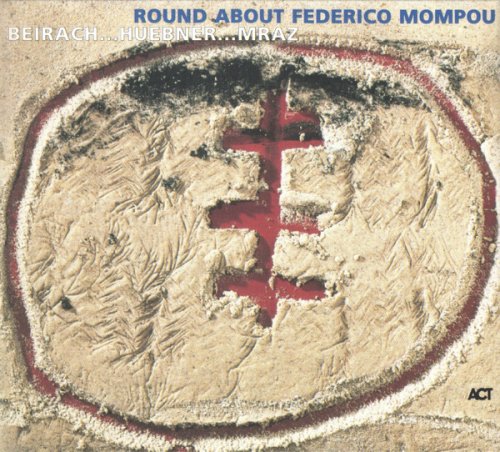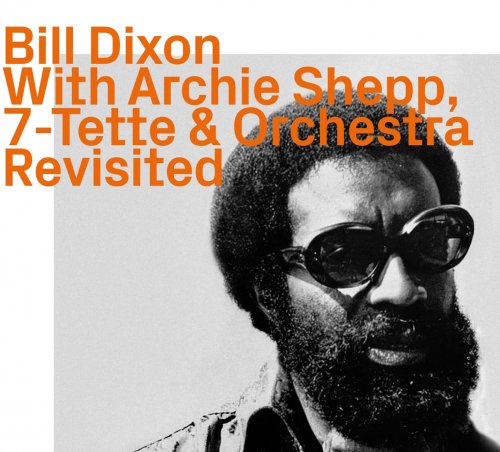Karina Gauvin, Jennifer Lane, John Elwes - Messiah, arr. Mozart (2000)
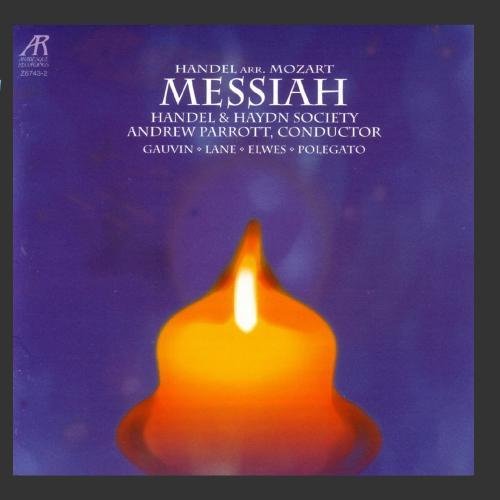
Artist: Karina Gauvin, Jennifer Lane, John Elwes
Title: Messiah, arr. Mozart
Year Of Release: 2000
Label: Arabesque Recordings
Genre: Classical oratorio
Quality: FLAC (image+.cue,log,scans)
Total Time: 02:14:50
Total Size: 547 MB
WebSite: Album Preview
Title: Messiah, arr. Mozart
Year Of Release: 2000
Label: Arabesque Recordings
Genre: Classical oratorio
Quality: FLAC (image+.cue,log,scans)
Total Time: 02:14:50
Total Size: 547 MB
WebSite: Album Preview
We Anglophones might not realize it, but the Germans have their own long tradition of performing Handel. During the 1780s, the Viennese nobleman Baron van Swieten commissioned none other than Mozart to make and perform up-to-date arrangements of several Handel oratorios, including Acis and Galatea, Alexander's Feast, and of course Messiah.
Mozart made few cuts from Handel's original: the chorus "Let all the angels of God," the arias "Thou art gone up on high" and "If God be for us" (which became a recitative), and the B-section and da capo of "The trumpet shall sound." The younger composer did, however, reorchestrate rather thoroughly: the trumpets get little to do, while the horns are given a lot (including the solo in "The trumpet shall sound"); little accents and curlicues for flutes and clarinets pop up all over. There are also some surprising reassignments: Mozart gives "Rejoice greatly" (originally for soprano) to the tenor and "Behold and see" (originally for tenor) to the mezzo; the florid parts of the choruses "And He shall purify," "For unto us a child is born," and "His yoke is easy" are allotted to the soloists--to surprising but successful effect.
The result of all this, as several commentators have quipped, is "Handel with a Viennese accent" (even when the text is sung in English, as it is here). Mozart's additions and fuller harmonies do add to Handel's music a certain gemütlich quality--to some it will seem like kitsch--that lessens the original's emotional intensity. However, Andrew Parrott and the Handel & Haydn Society of Boston make an excellent case for this version of the oratorio. The orchestra, using instruments of Mozart's period (including forte-piano continuo) play with assurance and feeling; the chorus might lack the exquisite blend and precision of, say, the Sixteen or Parrott's own Taverner Choir, but they also do commendable work. The soloists are quite satisfying, too, with veteran tenor John Elwes sounding fresher than usual and soprano Karina Gauvin a smooth, charismatic delight; mezzo Jennifer Lane gives the best single performance--a marvelous "He was despised," dramatically involved without being overacted. The recorded sound is a bit dry--no doubt because the recording was made during live concerts in Boston's Symphony Hall--but not a serious drawback. This should probably not be anyone's first Messiah (try Hogwood, Suzuki, or McCreesh), and many won't care for Mozart's fiddling with Handel's masterpiece--nonetheless, listen with open ears and mind, and you'll find some refreshing new flavors added to very familiar fare. --Matthew Westphal
Mozart made few cuts from Handel's original: the chorus "Let all the angels of God," the arias "Thou art gone up on high" and "If God be for us" (which became a recitative), and the B-section and da capo of "The trumpet shall sound." The younger composer did, however, reorchestrate rather thoroughly: the trumpets get little to do, while the horns are given a lot (including the solo in "The trumpet shall sound"); little accents and curlicues for flutes and clarinets pop up all over. There are also some surprising reassignments: Mozart gives "Rejoice greatly" (originally for soprano) to the tenor and "Behold and see" (originally for tenor) to the mezzo; the florid parts of the choruses "And He shall purify," "For unto us a child is born," and "His yoke is easy" are allotted to the soloists--to surprising but successful effect.
The result of all this, as several commentators have quipped, is "Handel with a Viennese accent" (even when the text is sung in English, as it is here). Mozart's additions and fuller harmonies do add to Handel's music a certain gemütlich quality--to some it will seem like kitsch--that lessens the original's emotional intensity. However, Andrew Parrott and the Handel & Haydn Society of Boston make an excellent case for this version of the oratorio. The orchestra, using instruments of Mozart's period (including forte-piano continuo) play with assurance and feeling; the chorus might lack the exquisite blend and precision of, say, the Sixteen or Parrott's own Taverner Choir, but they also do commendable work. The soloists are quite satisfying, too, with veteran tenor John Elwes sounding fresher than usual and soprano Karina Gauvin a smooth, charismatic delight; mezzo Jennifer Lane gives the best single performance--a marvelous "He was despised," dramatically involved without being overacted. The recorded sound is a bit dry--no doubt because the recording was made during live concerts in Boston's Symphony Hall--but not a serious drawback. This should probably not be anyone's first Messiah (try Hogwood, Suzuki, or McCreesh), and many won't care for Mozart's fiddling with Handel's masterpiece--nonetheless, listen with open ears and mind, and you'll find some refreshing new flavors added to very familiar fare. --Matthew Westphal
Tracklist:
Disc: 1
Part I: 1 Sinfonia 1:48
2 Recitative: Comfort ye my people (Tenor) 2:57
3 Aria: Every valley shall be exalted (Tenor) 3:31
4 And the glory of the Lord shall be revealed (Chorus) 2:40
5 Recitative: Thus saith the Lord (Bass) 1:18
6 Aria: But who may abide the day of His coming (Alto) 4:24
7 And He shall purify the sons of Levi (Chorus) 2:34
8 Recitative: Behold, a virgin shall conceive (Alto) 0:26
9 Aria: O thou that tellest good tidings to Zion (Alto) 1:48
10 Recitative: For behold, darkness shall cover the earth (Bass) 2:16
11 Aria: The people that walked in darkness have seen a great light (Bass) 3:48
12 For unto a child is born (Chorus) 4:03
13 Pifa 2:32
14 Recitative: There were shepherds abiding in the field (Soprano) 0:18
15 Recitative: And the angel said unto them (Soprano) 0:31
16 Accompagnato: And suddenly there was with the angel (Soprano) 0:16
17 Glory to God in the highest (Chorus) 1:58
18 Aria: Rejoice greatly, O daughter of Zion (Soprano) 4:18
19 Recitative: Then shall the eyes of the blind be opened (Alto) 0:28
20 Aria: He shall feed His flock like a shepherd (Soprano) 5:10
21 His yoke is easy, His burthen is light (Chorus) 2:23
Part II: Behold the Lamb of God (Chorus) 2:31
22 Aria: He was despised and rejected of men (Alto) 10:00
23 Surely, He hath borne our griefs and carried our sorrows (Chorus) 1:49
24 And with His stripes we are healed (Chorus) 1:53
25 All we like sheep have gone astray (Chorus) 4:09
Disc: 2
Part II: 1 Recitative: All they that see Him Laugh Him to scorn (Tenor) 0:47
2 He trusted in God that He would deliver Him (Chorus) 2:21
3 Recitative: Thy rebuke hath broken His heart (Tenor) 2:01
4 Arioso: Behold, and see if there be any sorrow like unto His sorrow! (Tenor) 1:28
5 Recitative: He was cut off out of the land of the living (Tenor) 0:22
6 Aria: But thou didst not leave His soul in Hell (Tenor) 2:26
7 Lift up your heads (Chorus) 3:08
8 Recitative: Unto which of the angels said He at any time (Tenor) 0:22
9 Let all the angels of God worship Him (Chorus) 1:23
10 Aria: Thou art gone up high (Alto) 3:06
11 The Lord gave the word (Chorus) 1:15
12 Duet: How beautiful are the feet of Him that bringeth glad tidings of salvation (Soprano, Alto) 2:17
13 Their sound is gone out into all lands (Chorus) 1:28
14 Aria: Why do the nations so furiously rage together (Bass) 1:23
15 Let us break their bonds asunder (Chorus) 1:42
16 Recitative: He that dwelleth in heaven shall laugh them to scorn (Tenor) 0:12
17 Aria: Thou shalt break them with a rod of iron (Tenor) 1:52
18 Hallelujah! (Chorus) 3:50
Part III: 19 Aria: I know that my Redeemer liveth (Soprano) 5:56
20 Since by man came death (Chorus) 2:10
21 Recitative: Behold, I tell you a mystery (Bass) 0:33
22 Aria: The trumpet shall sound (Bass) 9:35
23 Recitative: Then shall be brought to pass the saying that is written (Alto) 0:15
24 Duet: O Death, where is thy sting (Alto, Tenor) 0:56
25 But thanks be to God (Chorus) 2:12
26 Aria: If God be for us, who can be against us? (Soprano) 4:37
27 Worthy is the Lamb that was slain - Amen (Chorus) 7:07
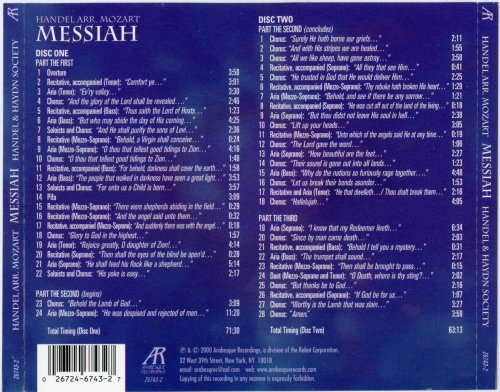
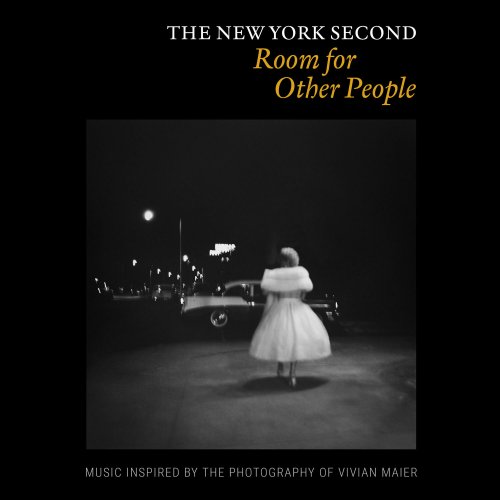
![Future Backup, Volker Heuken, Lukas Grossmann, Johannes Koch - Golden (2026) [Hi-Res] Future Backup, Volker Heuken, Lukas Grossmann, Johannes Koch - Golden (2026) [Hi-Res]](https://www.dibpic.com/uploads/posts/2026-02/1770729046_folder.jpg)
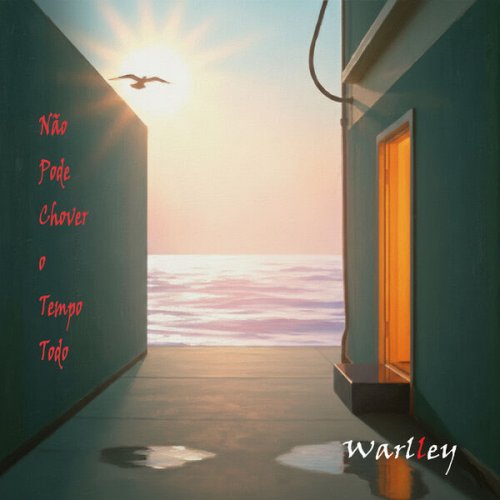
![Miles Davis - The New Sounds (Remastered 2026) (1951) [Hi-Res] Miles Davis - The New Sounds (Remastered 2026) (1951) [Hi-Res]](https://www.dibpic.com/uploads/posts/2026-02/1770742585_cover.jpg)
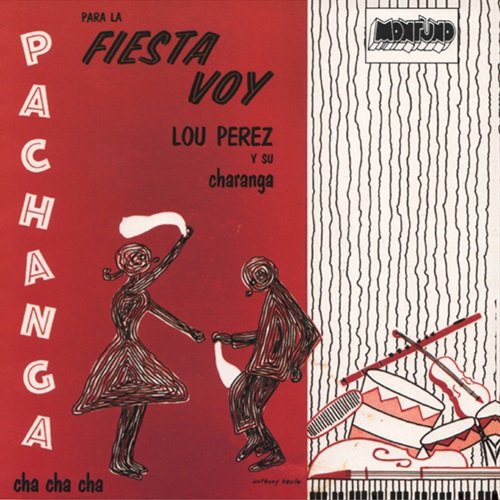
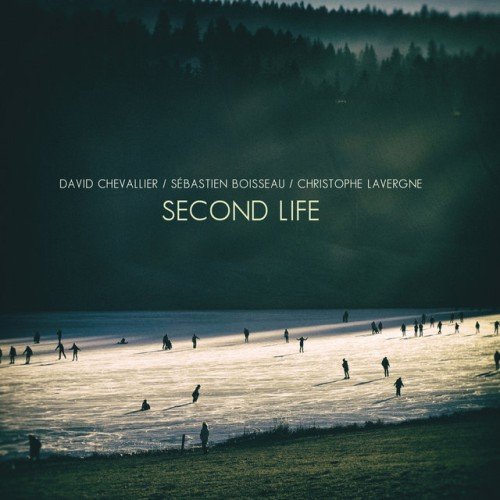
![Abraham Réunion - Jaden an nou (2026) [Hi-Res] Abraham Réunion - Jaden an nou (2026) [Hi-Res]](https://www.dibpic.com/uploads/posts/2026-02/1770745777_folder.jpg)
